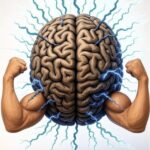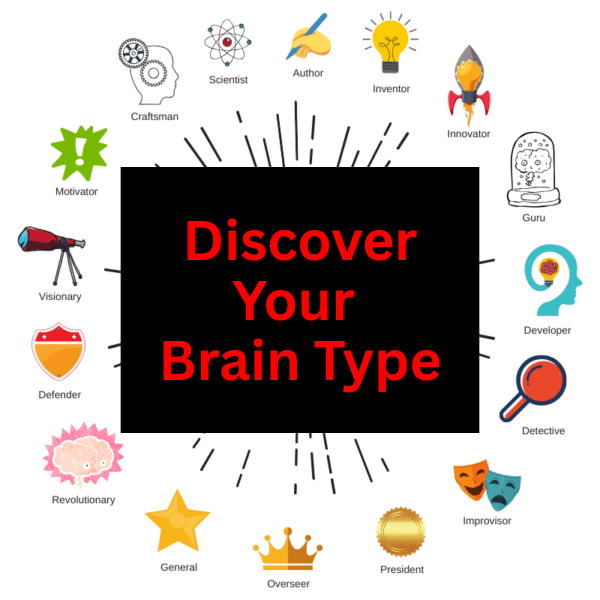What Is Dementia?
Dementia isn’t a single disease but a broad term describing brain changes that impair memory, thinking, and daily functioning. According to the Mayo Clinic, it affects focus, attention, language, problem-solving, and visual perception. It can also alter emotions, leading to personality shifts. About 1 in 11 Americans aged 65 and older live with dementia, per a 2017 study in JAMA Internal Medicine. Alzheimer’s disease accounts for 60-80% of cases, but other conditions like vascular dementia, Lewy body dementia, and frontotemporal disorders also contribute. Many individuals experience mixed dementia, combining multiple types.
Common Causes of Dementia
Here’s a closer look at the leading causes:
-
Alzheimer’s Disease (AD): Characterized by amyloid plaques, tangled fibers, and loss of nerve cell connections, AD often starts in the hippocampus (key for memory) and spreads. A hallmark? Many with AD deny or react defensively to the diagnosis—unlike those with other dementias, who may be less resistant or even self-aware (and may even joke about having “Alzheimer’s”).
-
Vascular Dementia: The second most common type, caused by reduced blood flow to the brain, it impacts focus, organization, and problem-solving more than memory.
-
Lewy Body Dementia: Abnormal protein deposits (Lewy bodies) disrupt brain chemistry, affecting behavior, mood, movement, and thinking.
-
Frontotemporal Disorders: These affect the brain’s frontal and temporal lobes, often striking those under 65. Symptoms include apathy, communication difficulties, impulsivity, or emotional changes.
Sources: AARP, National Institute on Aging, Mayo Clinic
7 Warning Signs of Dementia
Dementia’s symptoms vary, but these seven signs (not ranked) are common across its forms. If you notice them in yourself or a loved one, consult a medical professional for a thorough evaluation—don’t rush to self-diagnose.
-
Difficulty with Everyday Tasks: Struggling to manage bills, follow recipes, or complete familiar tasks is a red flag. People with dementia may take longer, lose focus, or fail to finish activities (Alzheimer’s Association).
-
Repetition: Repeating questions or stories shortly after telling them—like asking the same question 15 minutes later—signals potential issues (Jason Karlawish, AARP, 2018).
-
Communication Problems: Trouble joining conversations, losing one’s train of thought, or struggling to name objects or find words can indicate dementia (Mayo Clinic).
-
Getting Lost: Difficulty with spatial awareness, such as getting lost while driving or disoriented in familiar places, is concerning (Mayo Clinic).
-
Personality Changes: Look for unusual anxiety, suspicion, fearfulness, depression, or loss of interest in hobbies (AARP).
-
Confusion About Time and Place: Forgetting where they are, how they got there, or mistaking days (e.g., thinking Friday is Monday) raises alarms (Karlawish, AARP).
-
Troubling Behavior: Poor judgment with money, neglecting grooming, or impulsive decisions warrant attention (National Institute on Aging).
Mild Cognitive Impairment (MCI)
Some people experience milder issues—memory lapses or trouble with decision-making—that don’t yet disrupt daily life. This is called mild cognitive impairment (MCI), a noticeable but less severe decline (Cleveland Clinic). While MCI increases dementia risk, not everyone progresses to dementia. Early monitoring is key.
Conditions That Mimic Dementia
Not all symptoms point to dementia. Treatable conditions can mimic its signs, so a comprehensive medical evaluation is critical. Common culprits include:
- Alcohol abuse
- Anxiety, depression, or stress
- Blood clots, brain infections, or tumors
- Delirium
- Head injuries
- Kidney, liver, or thyroid problems
- Side effects of medication
- Vitamin deficiencies
Source: National Institute on Aging
What to Do If You Suspect Dementia
If you or a loved one shows these signs, act promptly:
-
Seek Expert Evaluation: Consult a neurologist or geriatric specialist for tests to confirm or rule out dementia. Get at least two professional opinions to ensure accuracy.
-
Explore Reversible Causes: Conditions like vitamin deficiencies or medication side effects can be treated, potentially resolving symptoms.
-
Plan for Care: If dementia is diagnosed, discuss long-term care options early, especially as symptoms may worsen.
-
Learn and Act: My Alzheimer’s guide [insert link] offers practical steps to slow or even reverse early-stage cognitive decline. Start implementing these strategies ASAP.
- For More Actionable Tips: Click here to learn more about prevention and even reversal of all forms of dementia!
Final Thoughts
Cognitive changes can be unsettling, but knowledge is power. By recognizing dementia’s warning signs and seeking timely medical advice, you can take control. Whether it’s ruling out treatable conditions or starting early interventions, every step counts. Stay proactive, stay informed, and don’t hesitate to lean on resources like the ones I’ve shared.
Sources: AARP, Mayo Clinic, National Institute on Aging, Alzheimer’s Association, Cleveland Clinic, JAMA Internal Medicine









